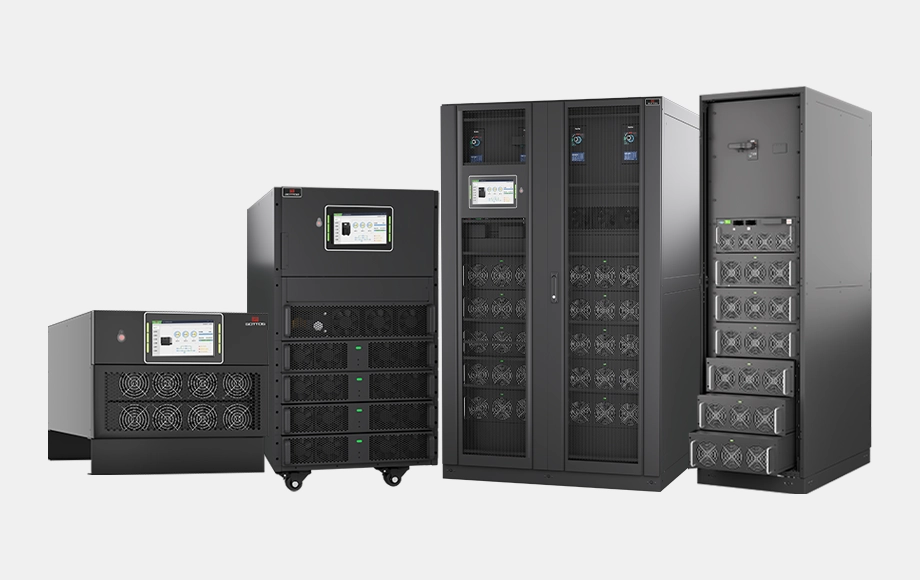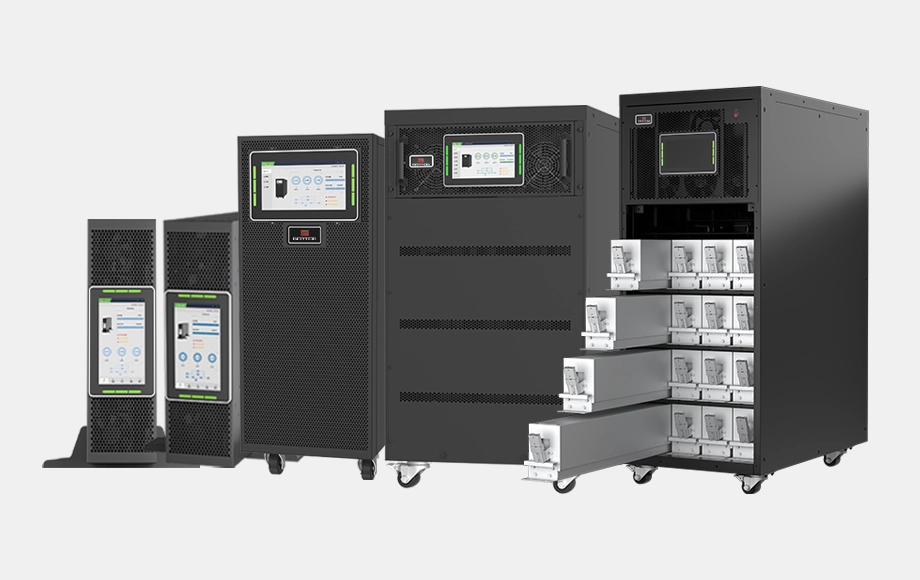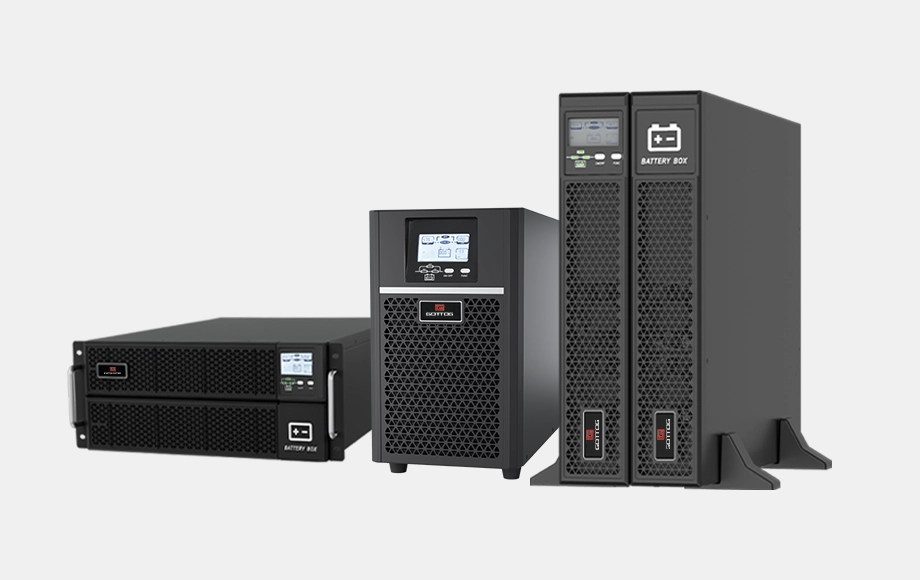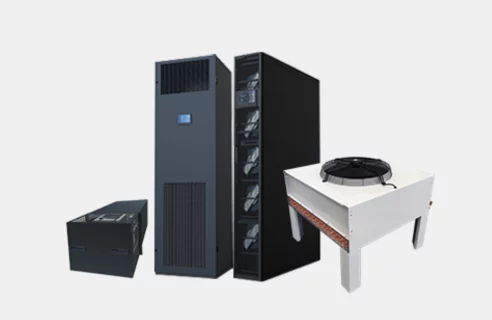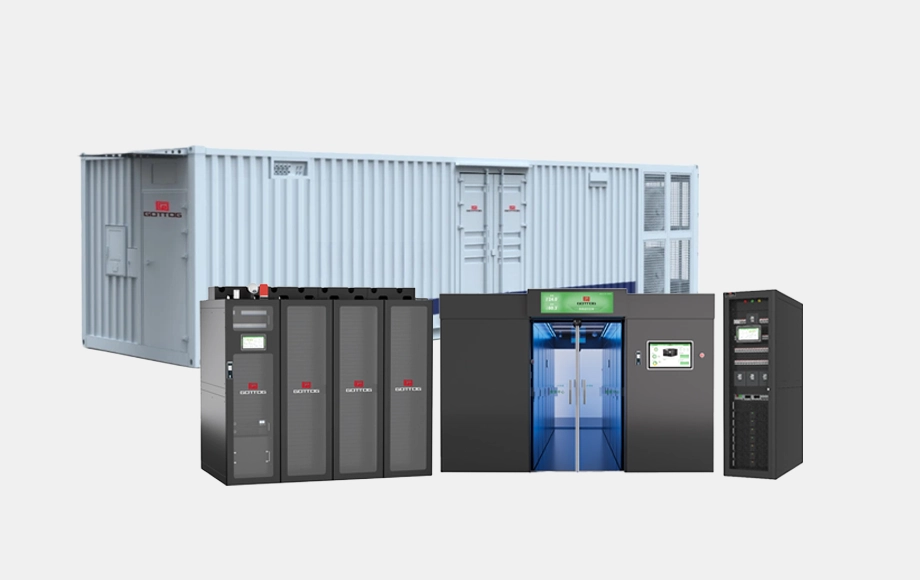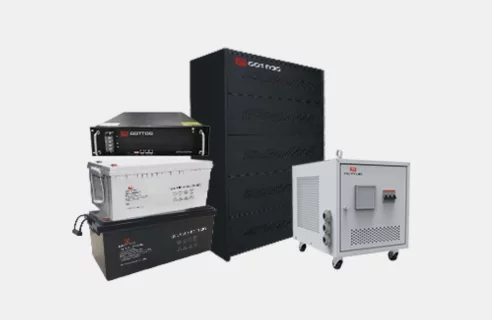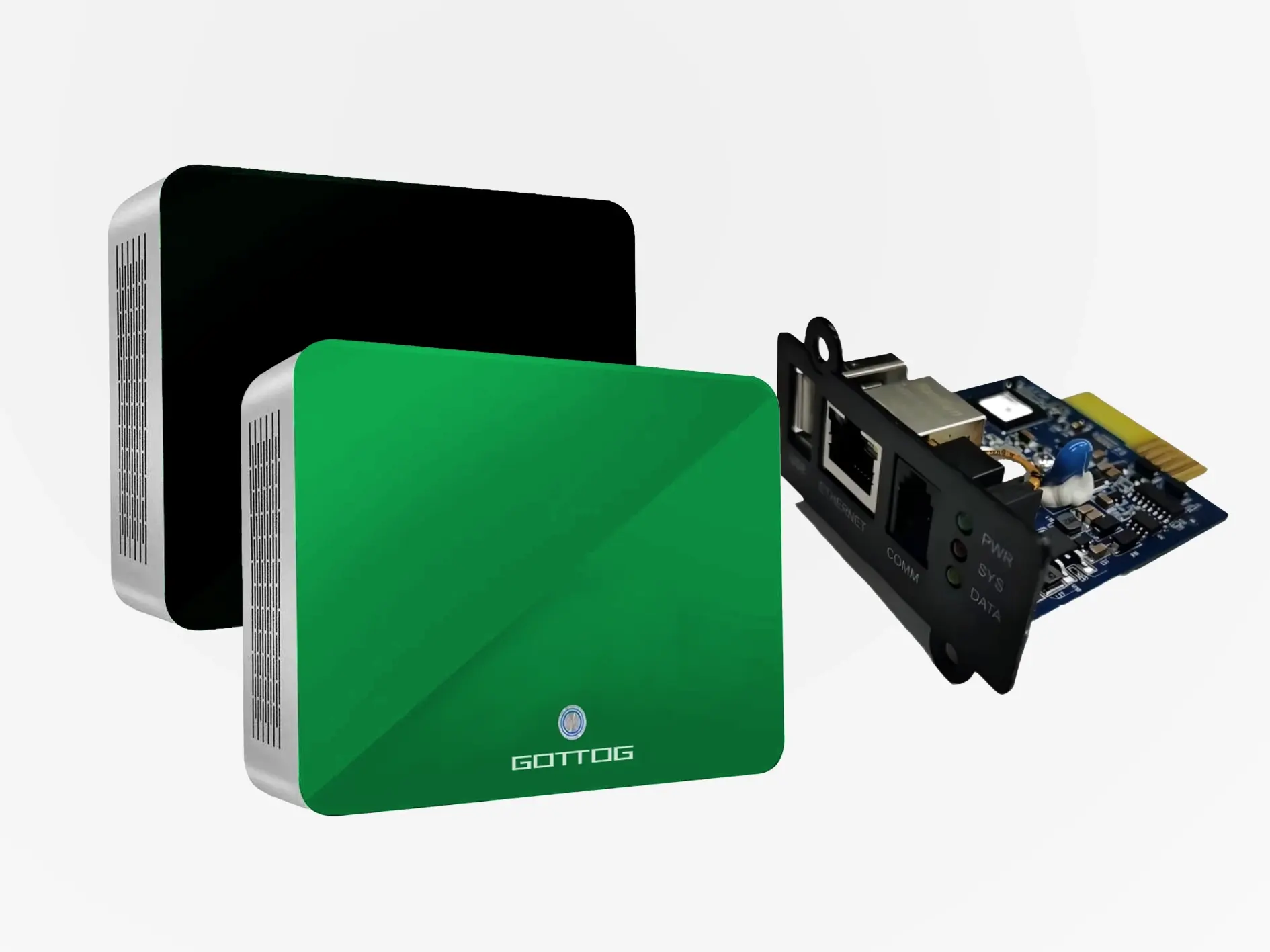With the continuous advancement and development of technology, liquid cooling technology is becoming increasingly common in data centers, especially in areas requiring intense computing power, such as high-performance computing and artificial intelligence training. Its excellent heat dissipation performance and high energy efficiency make high-density computing environments possible, while significantly reducing energy consumption. However, is liquid cooling suitable for all types of servers? The following articles will reveal the answers.
What is a liquid-cooled data center?
A liquid-cooled data center uses liquid instead of traditional air to cool servers. The coolant, through direct or indirect contact with the server hardware, dissipates heat generated by the equipment more quickly and efficiently, ensuring stable operation. Compared to air-cooled systems, liquid cooling is not only more efficient but also saves energy, making it particularly suitable for high-density, high-power computing tasks.

What are the advantages of liquid-cooled data centers?
The core advantages of liquid cooling technology lie in its powerful heat dissipation capacity and energy efficiency. Air has a much lower specific heat capacity and heat transfer efficiency than liquids, making traditional air cooling inadequate when handling large amounts of heat. Liquid cooling systems can dissipate heat more quickly, making them a valuable asset for scenarios like high-performance computing (HPC), AI training, and blockchain mining. These applications typically require enormous computing power and power, generating considerable heat that traditional air cooling struggles to cope with.

Furthermore, liquid cooling systems can effectively reduce data center PUE (power usage effectiveness), thereby conserving energy. Liquid cooling technology allows for higher server power density, allowing more equipment to be packed into the same space, saving significant data center space and construction costs.
Is liquid cooling truly suitable for all servers?
While liquid cooling technology offers significant advantages, it’s not suitable for all servers. Different scenarios require different choices.
High-Performance Servers: Liquid Cooling is the “Standard”
Liquid-cooled data centers are particularly well-suited for high-performance computing (HPC) and high-density servers, such as deep learning training systems, GPU-intensive computing, and large-scale data analytics. These servers generate enormous amounts of heat during operation, and liquid cooling technology efficiently dissipates this heat, ensuring stable operation under high loads. Therefore, liquid cooling is widely used in these areas, improving heat dissipation efficiency while reducing energy consumption.
Ordinary Enterprise Servers: Air Cooling Remains the “Price-to-Performance King”
For most standard servers in small and medium-sized enterprises, air cooling systems remain the most cost-effective option. These servers consume relatively low power and generate little heat, making traditional air cooling fully sufficient for their cooling needs. However, the initial investment, equipment maintenance, and technical support costs of liquid cooling systems are relatively high, making choosing liquid cooling an unnecessary expense for these enterprises.
Flexible Hybrid Cooling Solutions
With the advancement of liquid cooling technology, more and more enterprises are adopting hybrid cooling solutions, combining liquid and air cooling. This solution allows for flexible switching of cooling methods based on server load. When the load is high, the liquid cooling system provides efficient heat dissipation; when the load is low, the air cooling system can meet the needs. Hybrid cooling not only saves money but also ensures effective heat dissipation in various scenarios.
Our GOTTOGPOWER liquid-cooled data center, with its excellent heat dissipation and energy efficiency, is particularly well-suited for high-power, high-density servers, such as those in high-performance computing and deep learning. It effectively reduces temperatures and improves operational stability. However, for general enterprise-level servers with lower power consumption and simpler requirements, traditional air cooling systems remain a more cost-effective option. When choosing a cooling solution, enterprises should weigh the pros and cons based on server type, budget, and specific application requirements to select the most suitable option.

